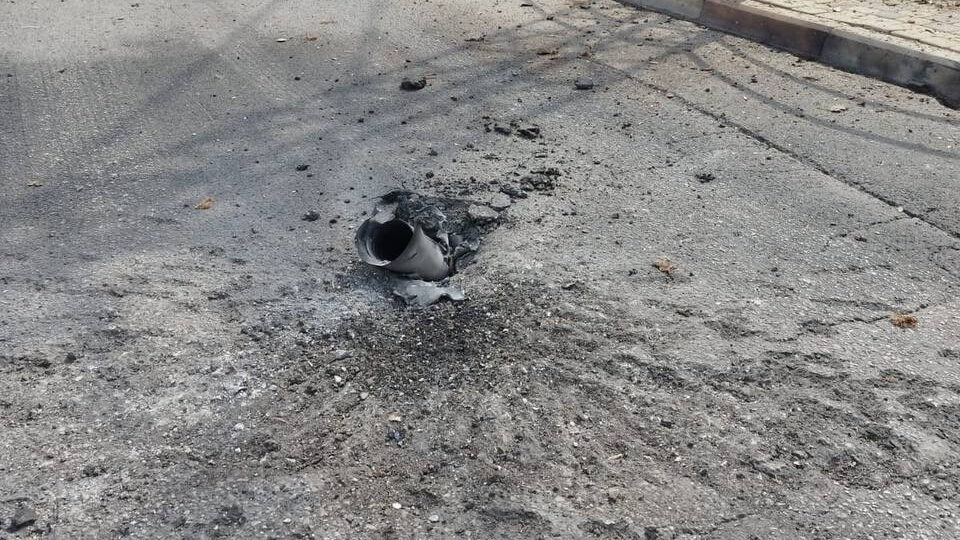The Israeli Defense Forces (IDF) has held the Palestinian Hamas Movement responsible for the recent rocket attack from southern Lebanon.
According to the military, 34 rockets were launched from southern Lebanon at the Western and Upper Galilee on April 6 afternoon. The Iron Dome air defense system intercepted 25 of the rockets. At least five rockets impacted Israeli territory, while the locations of the remaining four are still unknown. The rocket impacts caused two minor injuries and some damage.
In a briefing with reports, IDF spokesman Brigadier General Daniel Hagari said that Hamas was behind the rocket fire, noting that the attack came after what he described as “clashes” between police and Palestinians at al-Aqsa mosque in Jerusalem city.
Israeli Police stormed al-Aqsa on April 5, arresting hundreds of Palestinian worshipers and condemnation from across the Arab and Muslim world. In an initial response, several rockets were fired from the Gaza Strip at nearby towns in southern Israel. The IDF spokesman said that Hamas, which rules the enclave, was also behind that attack.
Hamas presence in Lebanon is confined to Palestinian refugee camps. The movement’s main ally in the country is Hezbollah, the dominant force in southern Lebanon.
Brig. Gen. Hagari said that the IDF is also looking into Iranian involvement in the rocket attack, which was the largest to be launched from southern Lebanon in more than 16 years.
Hezbollah denied responsibility for the attack. Still, the group’s Executive Council chief Hashem Safi al-Din warned in a comment to the d al-Manar TV that “the Israeli effort to harm the Al-Aqsa Mosque and harm our holy sites will set the region on fire.”
Israeli Defense Minister Yoav Gallant held an assessment with military officials on the potential response to the attack from Lebanon. Brig. Gen.
Hagari told reports that the political echelon will instruct the IDF on “how to act and retaliate,” adding that “the Lebanese [government] is responsible when rockets are launched from its territory.”
The IDF could limit its response to a few artillery and air strikes, or use the attack as a pretext to launch a full-blown military operation against Lebanon. In any case, Hezbollah will likely respond in order to maintain deterrence against Israel.
MORE ON THIS TOPIC:




